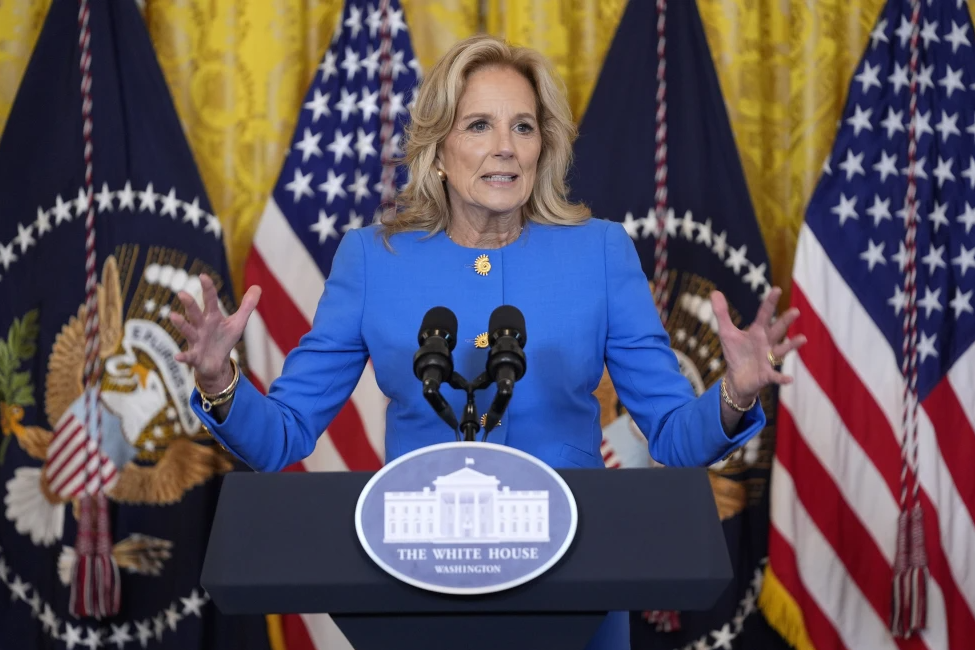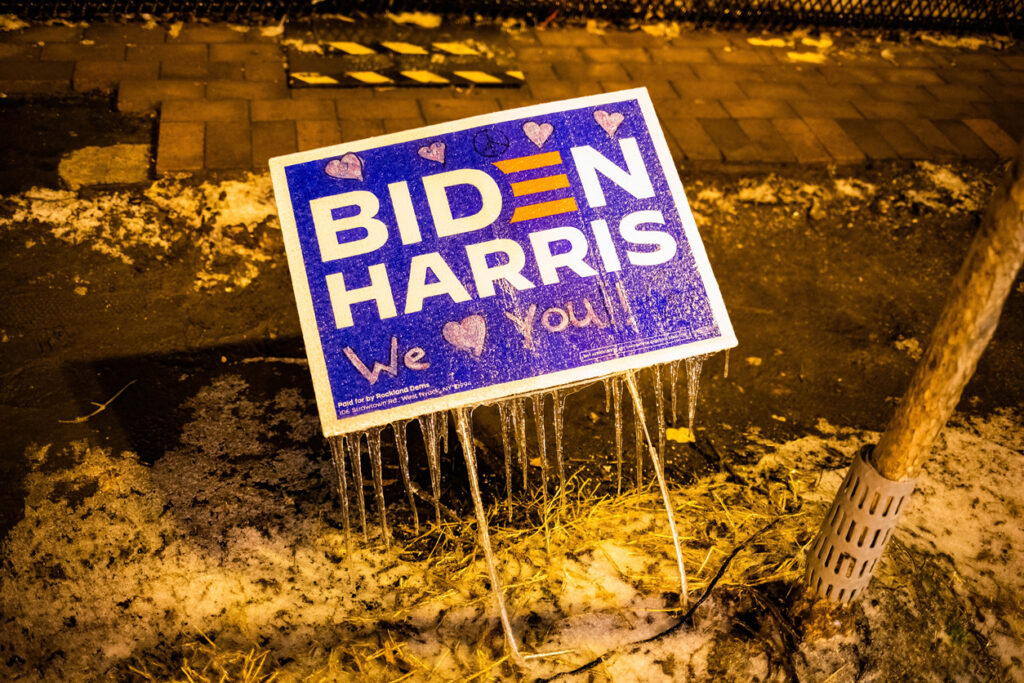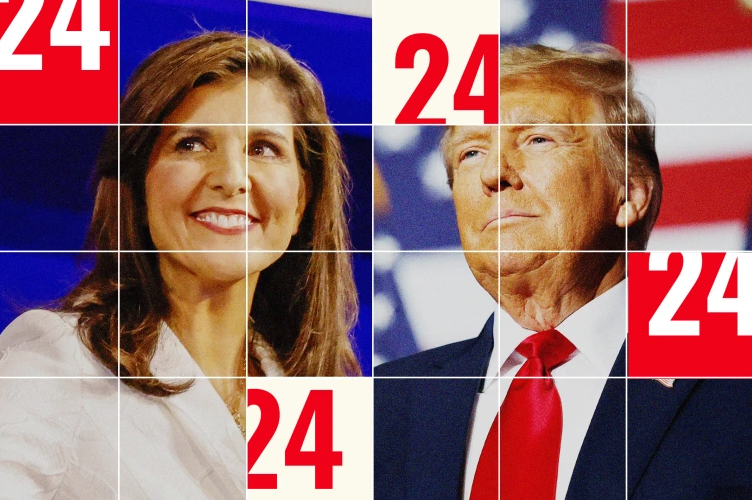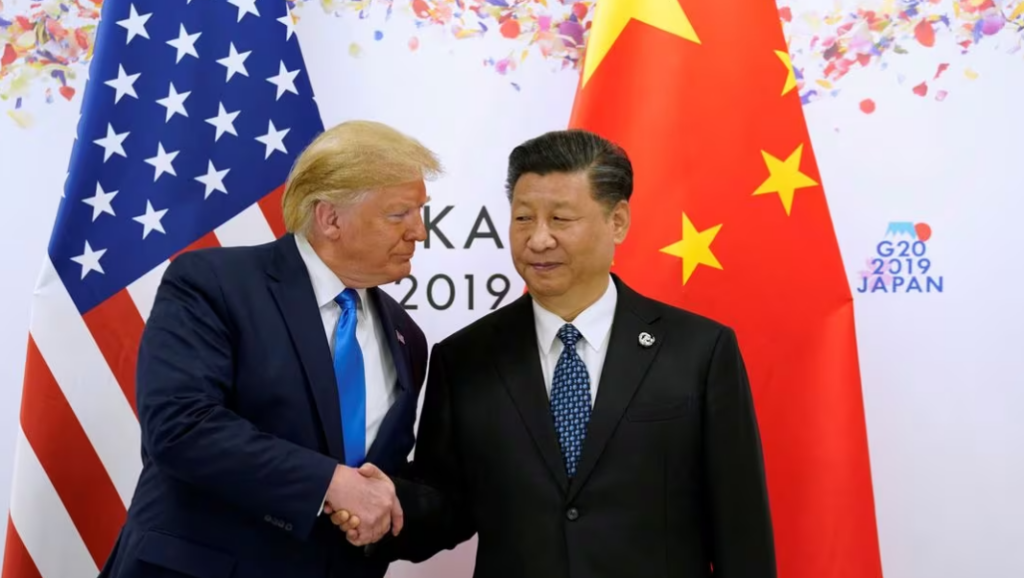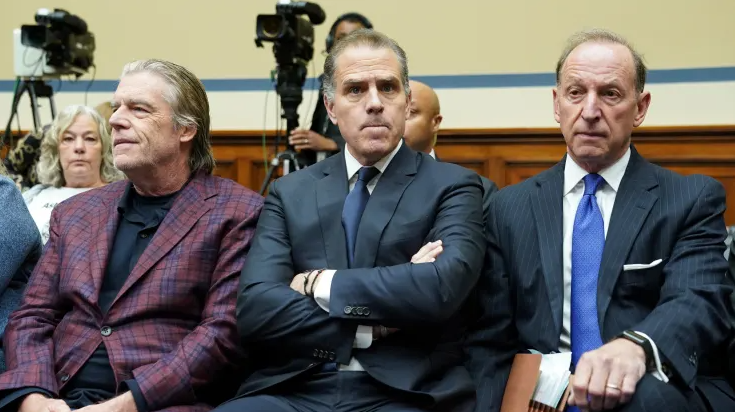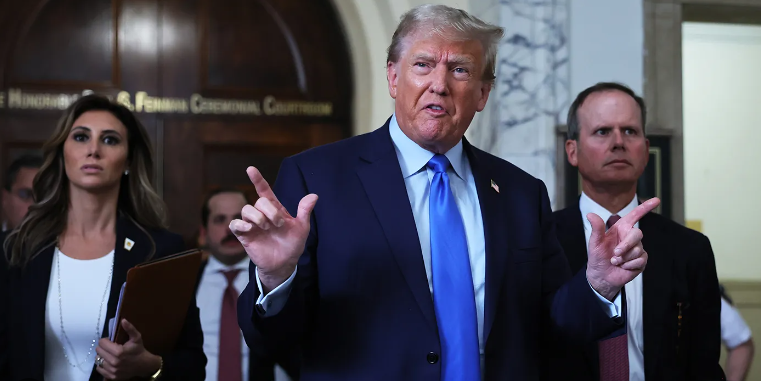In a world that often resembles a high-stakes chess game, President Joe Biden has found himself pondering his next move. Picture this: a serious Biden, perhaps sipping on his favorite beverage, contemplating the complexities of international relations after a recent drone strike in Jordan tragically took the lives of three American soldiers.
Let’s set the scene: reporters swarm around Biden outside the White House, their pens poised and cameras flashing. In true Biden style, he addresses the crowd with a mix of gravity and assurance. He’s decided on the U.S.’s response, but like a magician keeping his tricks secret, he doesn’t reveal the details or the timing. One thing he’s clear about, though – he’s not in the market for a war with Iran, even though he’s giving them a stern look for their indirect involvement.
Biden, wearing the hat of a leader and a diplomat, strikes a balance between holding Iran “responsible” and steering clear of escalating tensions. “I don’t think we need a wider war in the Middle East,” he remarks, perhaps with a tone of ‘been there, done that.’
Now, let’s rewind to the weekend. News breaks of a drone strike, launched by Iranian proxies, on a U.S. base in Jordan. The headlines are somber, the mood in Washington, somber. Biden, in his initial reaction, promises a response, leaving everyone on the edge of their seats.
Fast forward to Monday, and Biden is huddled with his national security team, weighing options like a master strategist. Imagine the scene: a room filled with advisors, maps, and cups of coffee, with Biden at the helm, deep in thought.
Tuesday brings a more personal touch. Biden reaches out to the families of the fallen soldiers, offering condolences and support. It’s a reminder of the human cost behind the headlines. The president, showing his empathetic side, plans to attend the dignified transfer of the soldiers at Dover Air Force Base, a solemn and respectful event.
Meanwhile, back at the White House, officials are tight-lipped about the specific options on the table. Speculations abound – will it be a strategic strike in Syria or Iraq, or perhaps a maneuver in the Persian Gulf? The options are as varied as the toppings on a pizza, but the decision is far weightier.
John Kirby, the National Security Council spokesperson, emphasizes a key point: the U.S. isn’t looking for another war. “We do not seek to escalate,” he says, echoing Biden’s sentiment. It’s like walking a tightrope – responding forcefully without tipping the scales towards further conflict.
In conclusion, Biden’s handling of this delicate situation is akin to a tightrope walker at the circus. He navigates the complexities with a mix of determination and caution, keenly aware of the stakes. It’s a reminder of the intricate dance of diplomacy and the ever-present need for balanced decision-making on the global stage. As we watch this unfold, it’s a mix of anticipation and hope for a resolution that brings peace rather than further turmoil.

